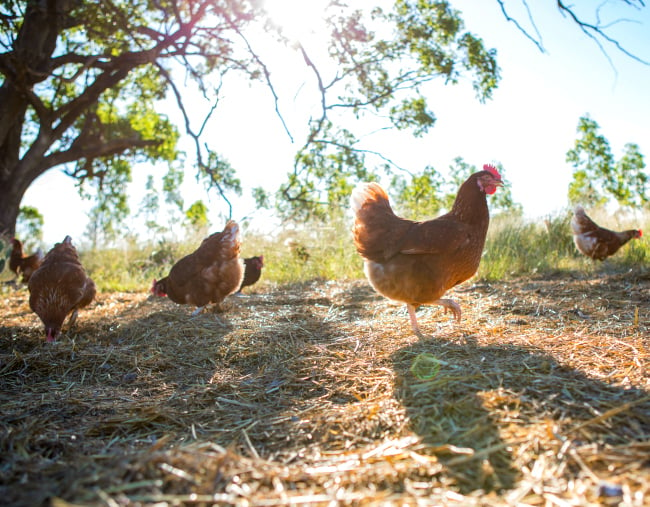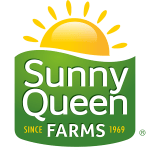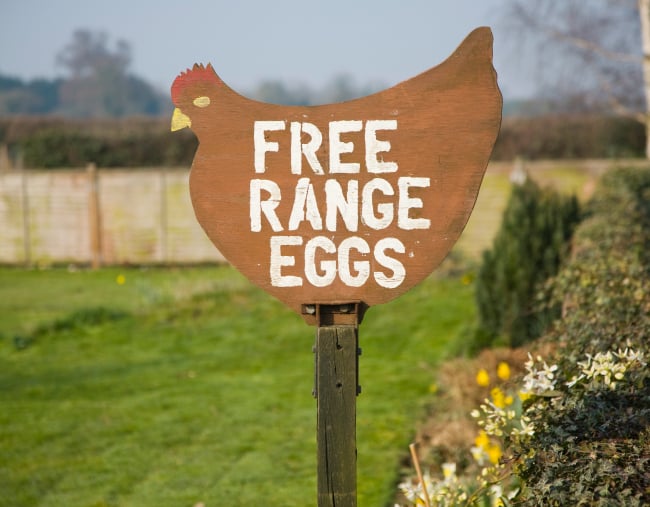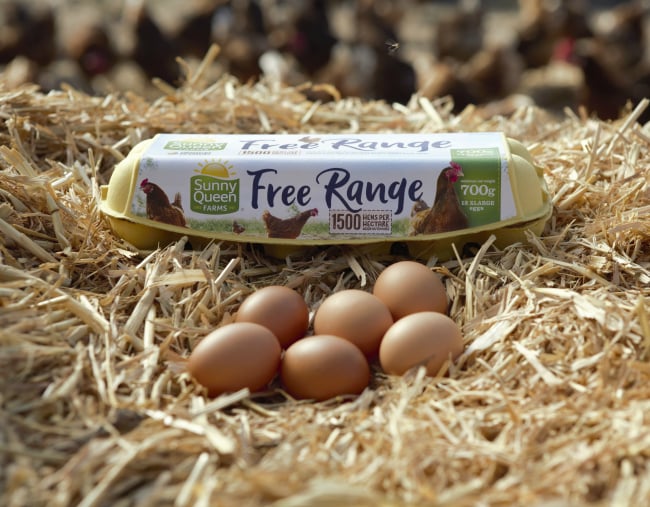

You’re at the supermarket. Your eyes cast their gaze over cartons of eggs you can’t wait to scramble, poach, bake or fry. The words “free range” are scrawled across a number of those packs (and you’re quite frankly bamboozled about which one to choose).
In that quick moment where you have to be decisive before someone else’s trolley will bump you out of the way, you pick the pack you think looks most ethically sound. Or the one that’s on sale. It says “free range”, but you wonder only once you’ve loaded the groceries into the car… just how free range is it?
As us savvy, ethically minded consumers are coming to realise, “free range” can mean different things. Most of us are not stomping around on chook farms every day, so it’s hard to know that the eggs are genuinely from free range hens who get the ample space to enjoy the great outdoors, and therefore, have a happier life.
So when choosing free range eggs at the shops, there are certain things to look for that can both empower us as consumers, but also in turn support businesses that live up to their free range promise.



Top Comments
I use an app on my phone called CluckAR which scans the lid and then shows you the density if the hens per hectare. Works well if you can get a phone signal
Sunny Queen is the only brand of eggs i buy.